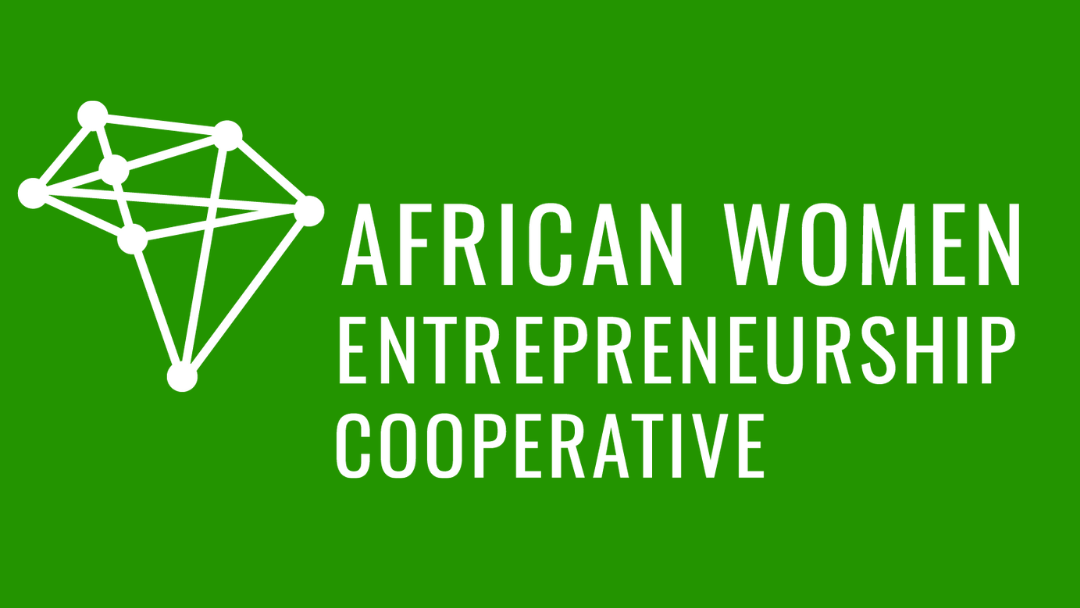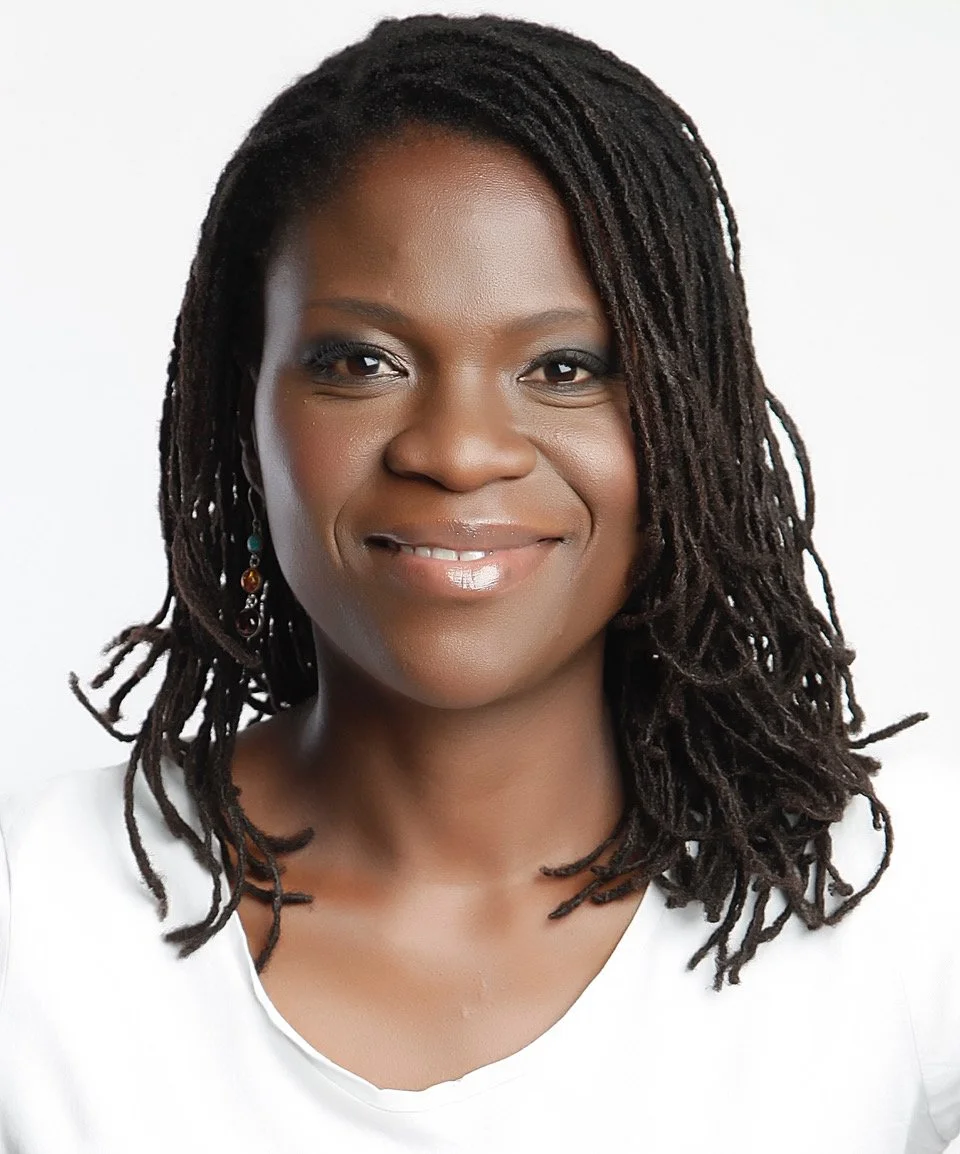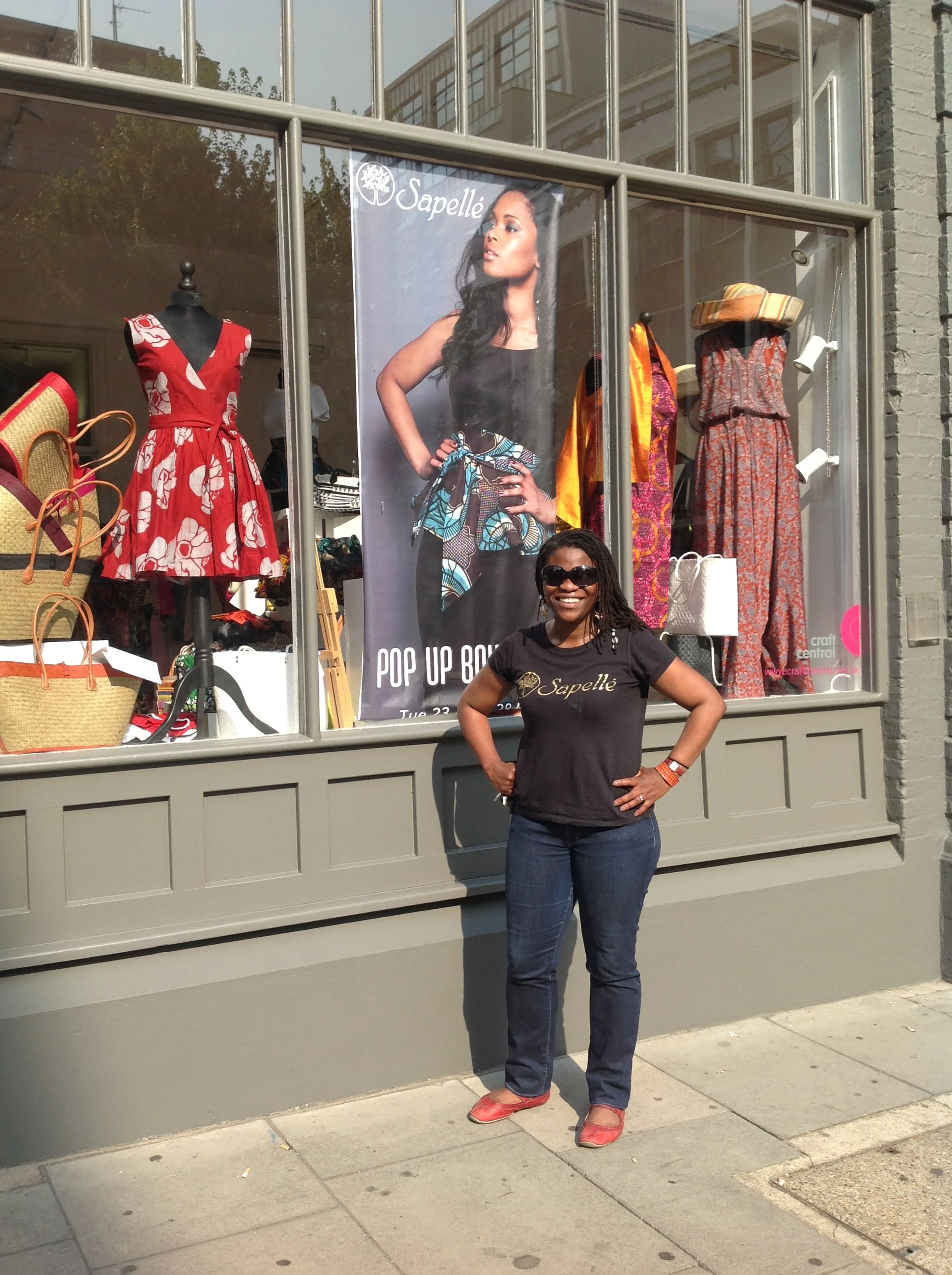Meekono: A Digital-Marketplace Transforming Africa’s Creative Industry One Artisan at a Time
Daphne Kasambala
Africa's history and culture is proudly reflected in its rich tapestry of art and craft. Take a trip down to the local market and you’re bound to find craft stalls brimming with beautifully designed handbags, baskets, pottery, paintings, textiles and unique creations for home decor, all of which are far from the standardization of mass production. There is certainly enough to feed an overflowing curiosity and increasing demand for ‘made-in-Africa’ products and authentic goods with a social impact narrative.
Contributing a sum of 13 billion U.S. dollars to the global art market in 2018 and predicted to rise to 15 billion U.S. dollars by the year 2023, the handmade craft industry has played a role in the economic and social development of Africa.
But while growth in the sector sounds lucrative, there are still a myriad of challenges that cannot be overlooked. Coupled with the need for production skills, development training, digitization and financing, access to markets is the biggest barrier to the growth of these small businesses.
AWEC Alumna Daphne Kasambala shared her story and experiences of not only building businesses in this sector but also pledging her organization's commitment to contribute to the well-being of the artisans, the community and the environment.
Bringing Iconic Handmade Pieces from Artisans to International Buyers
Recounting a frustrating observation Daphne said, “One of the biggest problems we have in Africa is that on one hand you have the artisans and creative producers who have the skill and know how to make the products, but don’t have the insight on the latest trends. They’re not showcasing their products on social media, nor do they have any routes to market. And then on the other hand you have foreign import-exporters or ex-pat brand owners who come in and purchase those products at a very very low price to go and sell them overseas at multiples of that price. What is sad about that is they are not necessarily interested in developing the continent.”
With a background in corporate banking and vast experience with businesses of all sizes, Daphne is on a mission to create route-to-market opportunities for sellers, set up a B2B (Business to Business) wholesale marketplace connecting sellers and buyers of premium quality African handcrafted products. The e-commerce platform, aptly named Meekono, —which means hands in Swahili —is revolutionizing the way producers in the creative, handicrafts, textiles and apparel sectors connect with international commercial buyers.
Model showcasing African artisanal accessories and textiles on offer by Meekono
Inspired by African art, culture and design, everything in the Malawi and UK-registered company is handmade using sustainably sourced materials.
“We want to prove the concept that there are discerning customers in New York, London, Paris and beyond who want to own these products, so it is our job to facilitate easy sourcing for their local boutiques and retailers to stock authentic African designs.
Life Before Meekono and Her AWEC Journey
Before Meekono, Daphne cut her entrepreneurial teeth by launching and growing an online B2C (Business to Consumer) retail business in the UK in 2012, four years after the 2008 financial crisis. She set up Sapelle after failing to find an outfit that would express her ‘global African’ identity as she celebrated a milestone birthday. She created her own outfit and all her guests loved it, which is when she realized the universal appeal of African design.
The financial crisis had sent shockwaves through the global financial system and beyond. The decline in overall economic activity was modest at first, but it steepened sharply in the fall of 2008, fuelling a worldwide recession. Thousands of banks collapsed, unemployment rates soared and millions lost their homes.
“I thought that I would be one of the many people who lost their jobs but I ended up being engaged by EY to manage out a portfolio of corporate loans, and the process of liquidating those assets took four years. That period alone forced me to really assess my life and ask myself what I wanted to do next with my life, and that’s when I turned my focus to Africa.
Sapelle was a London-based fashion and lifestyle brand integrating African apparel, textile and accessories producers into the global supply chain. During 7 years of operation via an e-commerce site and a boutique based in Notting Hill, an upmarket district in central London, Sapelle worked with over 100 creatives across 15 African countries at different points in the value chain. Although the company was doing well in terms of revenue, they were not able to grow as much as Daphne had hoped.
Daphne outside one of Sapelle’s many pop-up shops in London
“The reality was that it was not easy, because there were issues with factors like product-market fit that prevented scaling up of the business. I wanted to be able to say that my business was creating meaningful and sustainable jobs for marginalized and underemployed producers across the continent of Africa and frustratingly we were not doing that enough. I also wasn't a big brand retailer with millions in marketing budget.”
By the end of 2018, she’d tried to pivot within the confines of the Sapelle, but that was not as effective as she’d hoped. It was then that someone recommended AWEC. She came in fully aware she needed help, new ideas and a way out of the conundrum she was facing at the time.
Pretty soon after completing the first few assignments around business strategy and understanding competitive advantage and creating value, Daphne realized she needed to go back to the drawing board.
“I remember thinking…a YEAR-LONG PROGRAM!? I don’t have the time. But as soon as I started applying the learnings, it was evident from very early on that this was no quick paint job! I had to really start over from a clean slate and made the very difficult decision to wind down the business.”
Quality Assurance and Meeting International Standards
Some of the negative experiences of running an African-based business from Europe, like long delivery delays and receiving poor quality products, taught Daphne some valuable lessons.
Realizing her need to be in control further up the value chain, Daphne made the decision to move back to Southern Africa after 25 years of living in the UK. She wanted to be closer to the producers and makers of the products and establish quality assurance measures.
“There is an element of trust that the international buyer is placing on Meekono to be their man on the ground. They want the assurance that our sellers will deliver excellence, and it is up to us to make their experience an easy, efficient and safe process, which is the value we offer our clients.”
Daphne in Maboneng District, Johannesburg scouting for new brands to partner with
With stringent policies in place Daphne describes her ecommerce platform as a curated and vetted marketplace where sellers need to adhere to specific criteria. Meekono reviews samples to assess whether they meet the standard and leverage local liaisons who conduct milestone checks on delivery time frames and quality control checks once an order is placed. She considers them to be the gatekeepers of products before they are shipped off the continent.
“The discipline and professionalism that I gained working in London, which is the world's financial capital, and working with and observing some of the top brands in the world has helped me establish foundations that accelerated a deeper understanding of business success.”
Training, Development and Advocacy
Daphne is adamant that Meekono becomes an advocacy and enabling ecosystem organization that can up-skill sellers. They are in the process of developing information toolkits that will help artisans professionalize. And in an endeavor to support more women, they aim to partner with local development and community organizations in the field of women's empowerment and social development to teach more women to become international wholesalers.
Daphne (5th from left) among African industry experts at the Fashion Africa Conference
“We have a responsibility to not only support these craft business owners in accessing markets to sell their products, but to ensure they are equipped and given the confidence to operate at an international level.”
Meekono is currently seeking to connect with more artisans and strategic partners from around the continent. Anyone interested in learning more is encouraged to visit their website.





